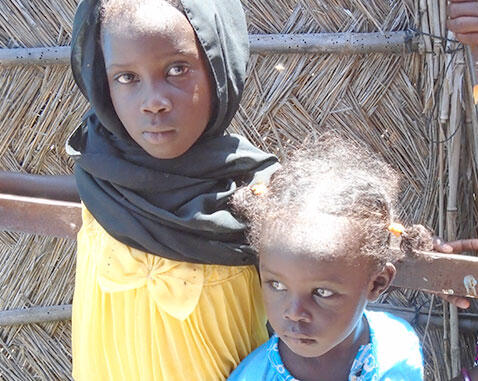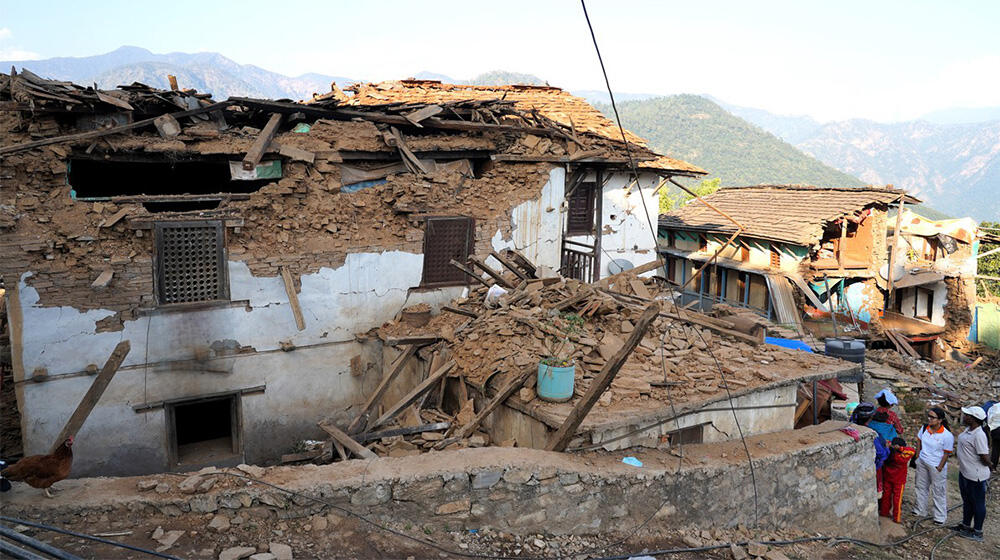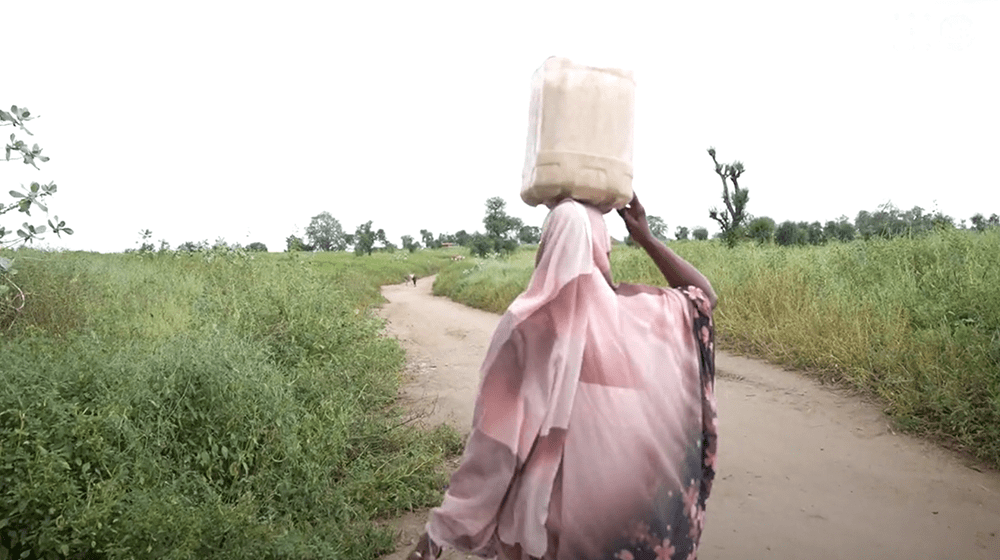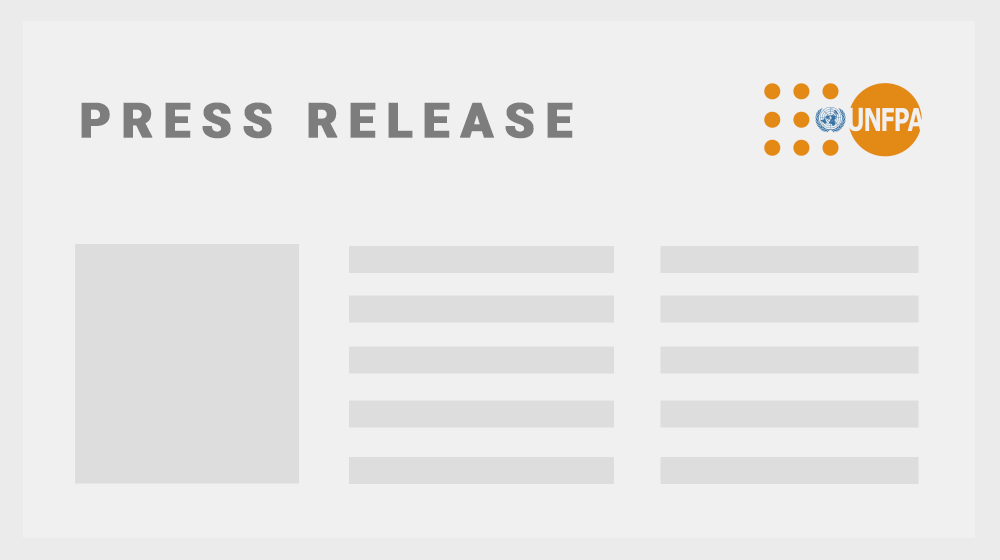Rwanda hosts approximately 150,000 refugees, fleeing conflict and violence in neighboring countries, mainly the Democratic Republic of the Congo and Burundi. Refugees’ access to livelihood opportunities is severely constrained, especially in camps but also in urban areas. For women and girls, who make up the majority of refugees, early pregnancy and sexual and gender-based violence also pose major concerns. In addition, Rwanda has been experiencing floods and landslides triggered by heavy seasonal rains, causing widespread damage and loss of life. In response, UNFPA has been providing critical SRH and GBV services and information to affected women, girls and young people, and organizes training for local health providers.
Emergencies related content
Humanitarian needs
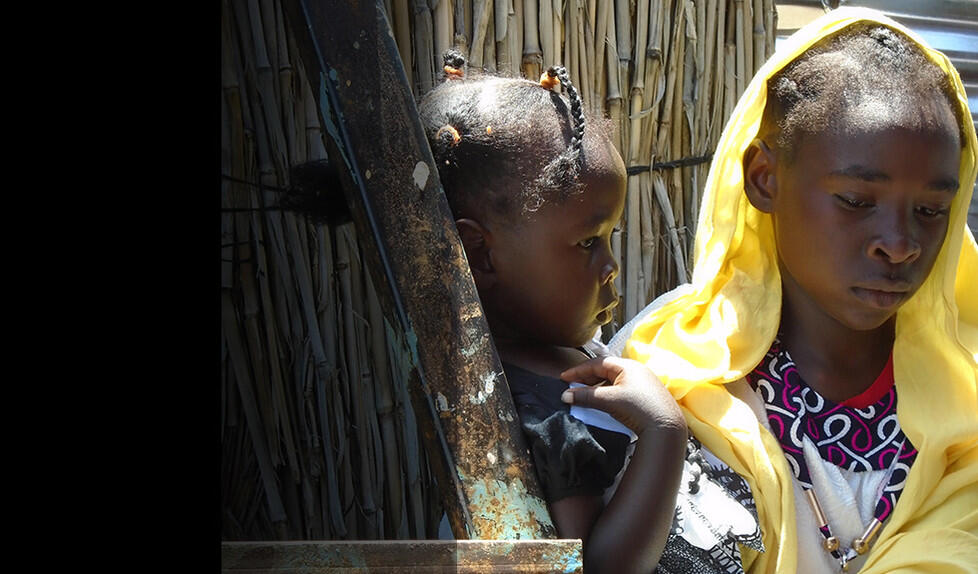
Last updated on - April 2022
Total people in need
137,401
Humanitarian funding
Resources in US$
Key humanitarian results 2022

UNFPA-assisted safe deliveries

Total people reached with all types of GBV services

Total women reached with all types of SRH services

Number of people reached with SRH/GBV information and awareness activities

Number of safe spaces

Number of adolescent and youth-friendly spaces supported by UNFPA

Number of health facilities that provide specialized GBV services (including Clinical Management of Rape), supported by UNFPA

Personnel trained on clinical management of rape

Personnel trained on Minimum Initial Package (MISP)
Disclaimer
- Results data are reported and updated as they become available.
- -Targets and UNFPA's populations of concern, including women of reproductive age and pregnant women, are estimated using the MISP calculator.
- -Funding estimates are based on country planning processes, including inter-agency humanitarian response plans and regional refugee and resilience plans.
